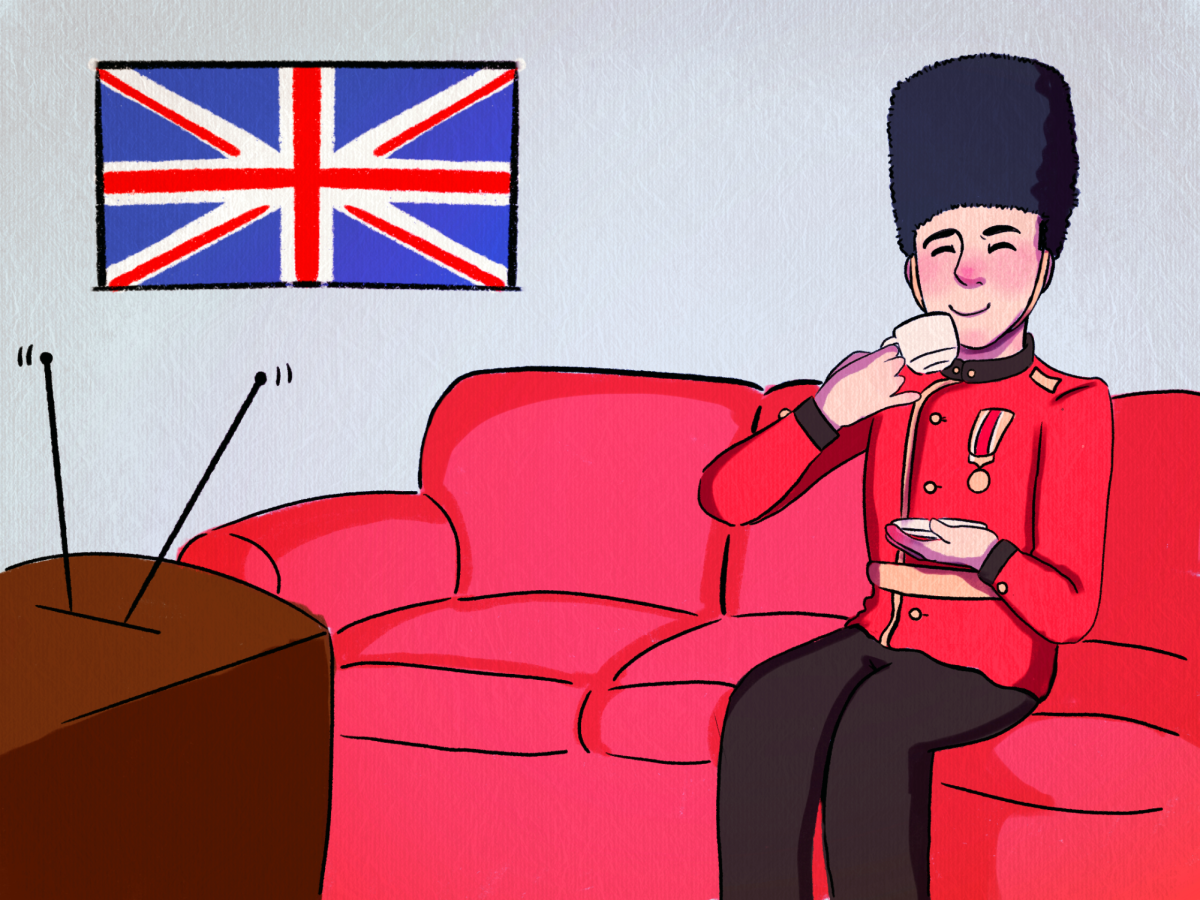From Walter Cronkite to Peter Jennings to @swagsauce69, the evolution of news has occurred at a rapid pace in recent years. Our sources of information and news have expanded in the last decade, and at the same time, been diluted to a long-winded game of “telephone.” While respectable media outlets do exist, our generation heavily favors — whether they know it or not — the “news” sources of Twitter and Facebook, leading to a large increase in misinformation.
We live in an age that is hyper-informative. News spreads instantly with a click of a mouse and information can be blasted to millions of people at a time through vessels such as social media.
One could look at this and see the positives, initially.
More informed individuals, who are more knowledgeable about current events, can make better, more educated decisions and work to make the world a better place. Wow, that seems like a tagline for a trendy tech company.
But the fact is, social media is a perfect venue for people to misinform and be misinformed. If you’re like me, you like to keep up with current events, and sometimes reading a 70-character tweet is easier on the brain and the schedule than sitting down to read a newspaper article. This ease and accessibility, coupled with the fact that ANYONE with access to a computer can report events, creates an environment where false facts are mixed with truth and the ability to differentiate the two is hindered.
The Boston Marathon bombing in 2013 is a powerful example of just how easy misinformation can spread and how willing people are to accept it as fact. Documented in an article from The Atlantic, a series of tweets sent the nation into a massive jump to a false conclusion in which the names of two men, completely unrelated to the crime, were listed as suspects. One user’s tweet, identifying the names of the two unconnected men, was retweeted more than 3,000 times. The two names, Mike Mulugeta and Sunil Tripathi, were one of the top trending items on Twitter for that day.
These two men were no doubt negatively affected by the rush to judgement and the “be first, not right” mentality of media members and casual Twitter users alike. It just goes to show that information taken from social media should not be automatically considered fact.
Twitter and sites like it have potential for great benefit, yes. Connecting the world in a way that has never been done before is awesome, and I personally love Twitter and trying to be up to date with everything that is happening in the world.
But, there is a dangerous and murky line that exists between reputable news sources and a random guy who is drunkenly retweeting an unreliable media outlet.
The moral of the story is, social media gives us a ton more information than was available to previous generations. But with that power comes great responsibility. And just like Spiderman, we must be judges of what is right and what is wrong.
Follow Scott Baca on Twitter.








